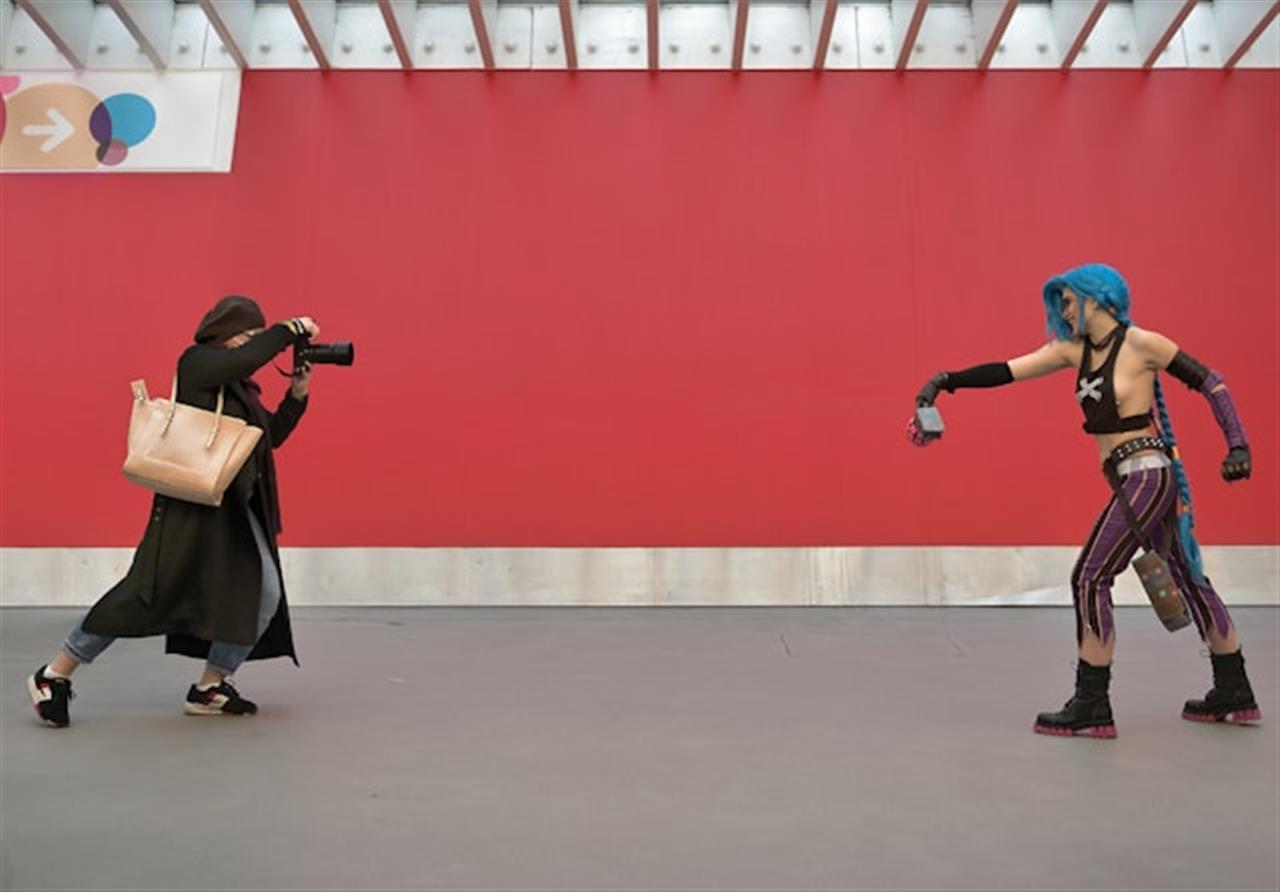The impact of league of legends on gaming and popular culture

LoL, often abbreviated as LoL, has become a cornerstone of the gaming industry since its release in 2009. This multiplayer online battle arena (MOBA) game, developed by Riot Games, has not only captivated millions of players worldwide but also carved out a significant niche in popular culture. From its competitive esports scene to its rich lore and vibrant community, League of Legends continues to leave an indelible mark on both gaming and entertainment. Read more about the game and the industry here lolnow.gg
The rise of esports and professional leagues
One of the most profound impacts of LoL is its role in the rise of esports. The game has fostered a competitive scene that rivals traditional sports in terms of viewership and fan engagement. Professional leagues such as the LoL Championship Series (LCS) in North America and the League of Legends European Championship (LEC) have become major events in the esports calendar. These leagues feature top-tier teams and players, whose skills and strategies are analyzed and celebrated by fans worldwide.
The pinnacle of LoL esports is the annual World Championship, often referred to simply as Worlds. This tournament brings together the best teams from various regions to compete for the title of world champion. The 2020 World Championship, for example, attracted over 45 million concurrent viewers, highlighting the game's massive global appeal. Such events have not only elevated the status of professional gamers but also brought mainstream attention to esports as a legitimate form of entertainment and competition.
Rich lore and storytelling
Beyond its competitive gameplay, LoL has created an expansive and intricate world filled with diverse characters and stories. The game's lore is set in the fictional world of Runeterra, a land brimming with unique regions and factions. Each champion in the game has a backstory that ties into the larger narrative, creating a rich tapestry of interwoven stories.
Riot Games has continually expanded this lore through various media, including comics, short stories, and cinematic trailers. These efforts have deepened the connection between players and the game's universe, making the champions and their stories more relatable and engaging. The lore has also provided a foundation for other creative projects, such as the animated series "Arcane," which has been well-received for its storytelling and animation quality.
Music and cultural influence
LoL has also made significant contributions to music and cultural trends. Riot Games has produced numerous music tracks and albums related to the game, often featuring collaborations with well-known artists. The in-game band K/DA, consisting of characters from the game, has released several hit songs and music videos, blending K-pop influences with Western pop culture. This fusion has garnered millions of views on platforms like YouTube and has even led to live performances at major events like the League of Legends World Championship.
The game's influence extends to fashion and merchandise as well. Collaborations with brands and designers have resulted in exclusive apparel and collectibles that fans eagerly purchase. The distinctive aesthetic of LoL champions has inspired cosplay enthusiasts, who bring these characters to life at conventions and events around the world.
Community and lasting legacy
The League of Legends community plays a crucial role in the game's enduring popularity. Online forums, social media groups, and content creators on platforms like Twitch and YouTube have created a dynamic ecosystem where players share strategies, discuss updates, and celebrate their passion for the game. This sense of community fosters long-term engagement and loyalty, ensuring that League of Legends remains a significant part of the gaming landscape.
In conclusion, LoL has profoundly influenced the gaming industry and popular culture. Its impact on esports, storytelling, music, and community engagement demonstrates the multifaceted nature of its appeal. As the game continues to evolve and expand, it is likely to maintain its position as a cultural phenomenon for years to come.